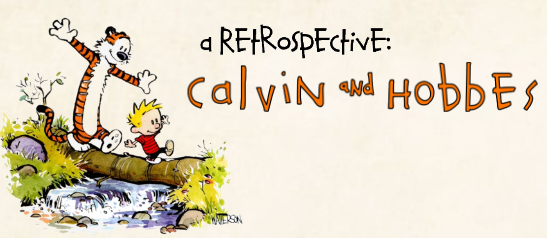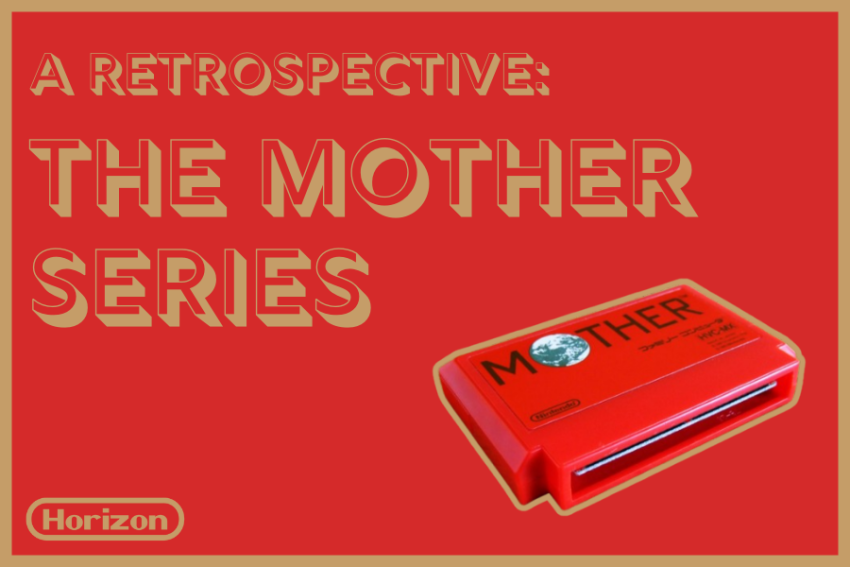Sitting alone at lunch time, Jin Wang, protagonist of American-Born Chinese, hears the shouts of his newfound friend—and also the other only Asian in the entire school. Having recently been introduced to each other by a teacher who still can’t pronounce his last name right, Jin resents the attention his friend, Wei-Chen, brings to his life.
Based on a novel by Gene Luen Yang, American-Born Chinese emerged this summer as a masterful blend of magic, Chinese martial arts, and high school clichés. Following teenager Jin Wang, viewers are taken through a tumultuous quest of self-discovery as his world intersects with another dimension (literally).
Amidst the stark contrast of two cultures, American-Born Chinese challenges the normalities of the social aspect of high school. At the very start of the series, Jin’s perspective is exposed as he struggles to understand the direction he is taking with his life. Conflict surrounding themes such as isolation, self-identity, and cultural rejection is greatly emphasized as it seems no matter what Jin does, his yearning to simply fit in remains unfulfilled. Whether that be at home with his Taiwanese immigrant parents or at school mingling with the brutish, soccer players, the striking differences between him and the other characters cause him to constantly walk on eggshells. Fearing the repercussions of being “different,” he attempts to blend in with the popular crowd—even if that meant laughing off insults aimed toward him and his friends—in order to avoid being ostracized.
On a larger scale, the series does an exemplary job of highlighting minority troubles in a mainly homogenous society. It delivers specific examples of microaggression and negative stereotyping through Jin’s daily life, and later on, underlines the severity of constant adherence to such standards. Social media in particular is used to showcase this, as seemingly innocent trends based on harmful stereotypes further ground them into existence and have long-lasting effects. For instance, Jin takes a stumble one day and ends up popularizing a social media trend that mocks a caricature of an Asian neighbor on a television show.
For Jamie Yao, who plays the neighbor, the issues of playing such a stereotyped character go far into his personal life. In an episode of American-Born Chinese, Yao explains that he thought the popular television show would bring forth more diverse acting opportunities, but instead, he was confined to offers of typical roles like nerds and neighbors. So, rather than conforming to societal expectations and accepting these side roles, his dream was always to play the hero, “someone who goes on a journey, [someone who] fights for something that matters.” He reveals that people who look like him should be able to break through the predetermined mold and embrace that they are the main characters in their lives.
From Episode One, the supernatural component of the show—the weaving of a Chinese myth in between the lines of reality—is revealed to the audience. For Jin, however, the abrupt discovery of Wei-chen’s true identity as the hairy son of the Monkey King, Sun Wu Kong, is both a hilarious and clever touch of dramatic irony that gives the show the feel of a typical high school comedy. Along with the fantasy storyline, the additions of the oriental costumes, animalistic makeup, and complementing face fur in the character designs give viewers an extra dose of entertainment.
As the climax of the show nears, viewers follow Jin to the finale, a dynamic battle that is rich with symbolism. Though Jin grapples with the physical aspect of the final battle, he also seizes the opportunity to overcome his own mental battles. Placed in the spotlight, he sacrifices something that had been previously deemed so precious—his reputation—through the realization that he must become his own hero in order to save his loved ones. This final battle is not just an explosive and satisfying end for viewers but also particularly highlights Jin’s growth throughout the show. Instead of shirking away and blending into the shadows as he did at the start, he finds the will to use his voice and stands up for himself.
In illuminating the development of Jin from obscurity to prominence, the show sends a beautiful message of how we must stop living up to people’s perceptions and shape our own identity by understanding and accepting our innate qualities. I highly recommended the show for its incorporation of a culturally significant allusion, as well as how it balances more serious issues within our society with the average high school drama experience.
American-Born Chinese is a mythological spin-off of the tale of Sun Wu Kong, brilliantly intertwining Chinese fantasy and the traditionality of American culture. It follows common issues that arise as immigrants of color (or anyone who strays from the standard) attempt to navigate their own identities. And at last, just like Jin, the show directs viewers to look through the superficiality of life—in order to find what really matters.














